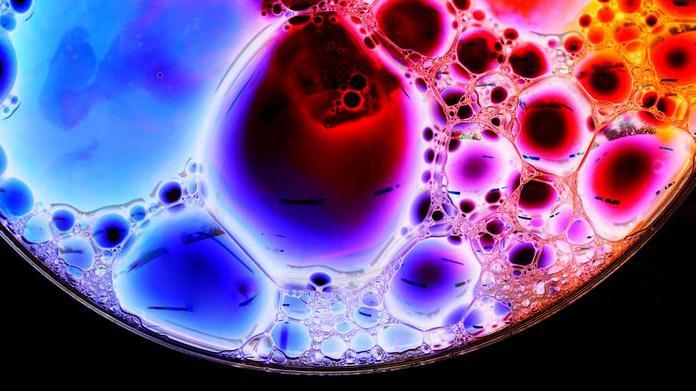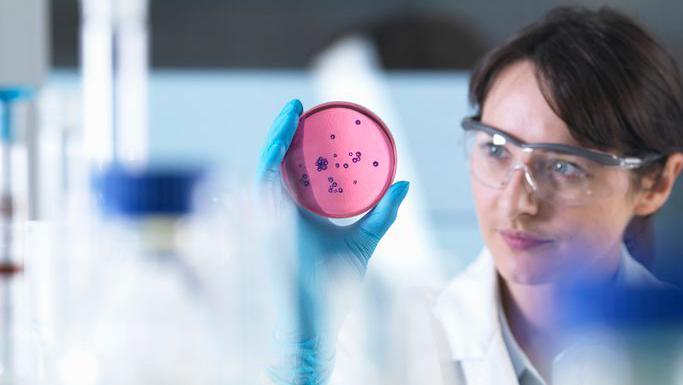Can AI help fight superbugs?

- Published
Artificial Intelligence - or AI - is technology that enables a computer to think or act in a more 'human' way.
It is used in many aspects of our lives and affects everything from our smartphones, homes and even our school environments.
Scientists say that AI is now being used in a new way, helping the fight against superbug infections - infections that don't respond to antibiotics.
Antibiotic resistance has been a big problem over the years but experts say they have invented two new potential antibiotics thanks to Artificial Intelligence.
More on AI
- Published2 November 2023
- Published2 November 2023
- Published10 March 2023
What has AI done to help tackle superbugs?

Antibiotics kill bacteria, but over time some types of bacteria have evolved to dodge the drugs' effects.
Experts say overuse of antibiotics has also helped bacteria to survive certain antibiotics.
This means that some bacteria are harder to treat, and there has been a shortage of new antibiotics for decades.
The new discovery was made by scientists at the Massachusetts Institute of Technology (MIT) in America.
The team trained the AI by giving it the chemical structure of known compounds alongside data on whether they slow the growth of different species of bacteria.
The new antibiotic drugs were then put together atom by atom using the data and AI algorithms.
The drugs which were invented by AI were then tested on two bacterial infections which are known to be hard to treat - and scientists found they successfully destroyed both of them.
Experts say the two new antibiotics need years of testing before they can be used on humans, but that they're really excited by the results.
The team say it's a huge breakthrough, and that AI could start a "second golden age" in antibiotic discovery.
Why are superbugs a problem?

Humans have been using antibiotics to treat infections for nearly 100 years.
But as taking them became more common in recent years, sometimes in situations where they weren't needed, some strains of bacteria have developed a resistance to types of antibiotics.
It means they can be difficult to treat and life-threatening.
According to the NHS, the biggest worry is new strains of bacteria will eventually also become resistant to antibiotics.
